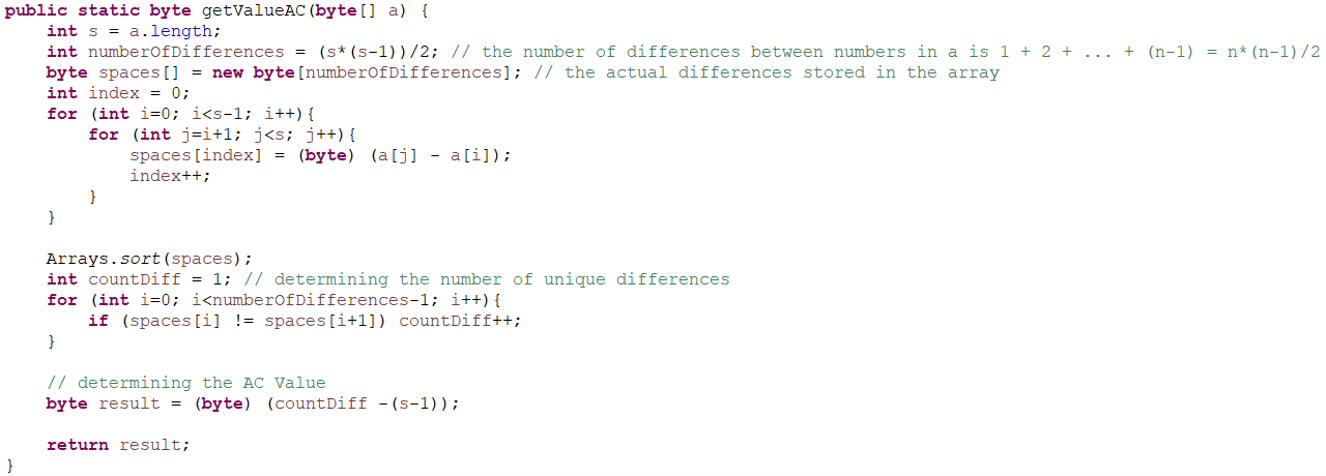

NORACLE
Algorithmic competition
$3500 (three thousand five hundred US dollars) for the valiant winners
Blockchain technology has led to a major move towards decentralizing certain operative processes. With the advent of smart contracts in particular, it is now possible to implement systems based on purely algorithmic consensus that eliminate trusted third parties in areas such as finance (decentralized finance), actuarial science, social networks, games, trading, artificial intelligence, governance, etc.
Several blockchain projects are using the open-source approach to enable a variety of people to contribute openly to the construction of their algorithms and consensus. One example is the NORACLE project, which aims to establish itself as an oracle of predictive models, i.e. a project that develops predictive models and exposes them via APIs (Application Programming Interface) for use by various applications and prediction games.
One of NORACLE’s predictive models, described in patent US 8,727,859 B2, offers tools for optimizing combinations with the best probability of appearing in a random rage. This predictive model is used in a game on the blockchain, the test version of which can be viewed at https://www.nora642.com
Optimization Problem
To improve the usability of this model in games such as NORA642, the algorithms designed to find the combinations and the total number of possible combinations as a function of the parameters supplied to the model, must be optimized to allow rapid execution.
The problem posed in this competition is that of developing algorithms that meet the criteria of accuracy and speed. Accuracy here corresponds to the fact that these algorithms produce as results combinations which correspond to all the criteria set in the model (these criteria are visible on the NORA642 test site when you click on « Build your Nori »). The algorithm(s) must be written in one of the programming languages Java or Solidity. If required, appropriate data structures can be built for use in these algorithms.
In concrete terms, any person or group of people who wish to work on this problem (implementing these algorithms) should open the site https://www.nora642.com, then click on the « Build your Nori » button. This will allow you to see and understand all the criteria/parameters that need to be entered into the model before any combinations can be calculated by the algorithms to be implemented.
The algorithms to be implemented are as follows :
- An algorithm that randomly selects n combinations, each of which meets all the criteria selected in each of the 8 configuration options (see the options on the test site). n being a variable number between 1 and the total number of possible combinations, each of which meets all the criteria selected by the user.
- An algorithm which, when the criteria/parameters of the options 2 (Mandatory numbers), 3 (Excluded numbers) and 4 (Prioritized numbers) are given, randomly selects n combinations which each obey all the criteria selected in option 5 (Filter Criteria).
- An algorithm which, when the criteria/parameters of the options 2 (Mandatory numbers), 3 (Excluded numbers) and 4 (Prioritized numbers) are given, randomly selects n combinations which each obey all the criteria selected in option 6 (Advanced Filter Criteria).
- An algorithm which, when the criteria/parameters of the options 2 (Mandatory numbers), 3 (Excluded numbers) and 4 (Priori zed numbers) are given, randomly selects n combinations which each obey all the criteria selected in option 7 (Partitions).
- An algorithm which, when the criteria/parameters of the options 2 (Mandatory numbers), 3 (Excluded numbers) and 4 (Prioritized numbers) are given, randomly selects n combinations which each obey all the criteria selected in option 8 (Block wise Generation).
Breakdown of prizes at stake
The Noracle Labs foundation is putting the sum of $3500 at stake to reward the best contributions to this challenge. Teamwork is also encouraged to develop the algorithms likely to win one of the prizes.
The best performing algorithm in each of the 5 categories listed above will receive the category prize. The prize for category 1) is $1752, and the prize for each of categories 2) 3) 4) and 5) is $442 respectively.
The performance criterion for the algorithm is simply its execution speed, which must be better than that of all competing algorithms, including the algorithm currently used in the test version of NORA642
To take part, simply send an email to info@noracle.io together with a file (word or txt) containing the surname, first name, country, town and district or zip code, email or Telegram username of each team member, together with the algorithm (which can be organized in several files). The subject of the email should read: Noracle Optimization Competition Nr x (x here should be replaced by the number of the category in which the algorithm is participating). In addition, the email must indicate the main class for executing the algorithm and the format of the input parameters.
Any queries related to this competition should be sent to: info@noracle.io
Deadlines
This competition is open until 31/12/2024 00:00 GMT. However, the competition may be closed for a given category well before the deadline if sufficiently successful algorithms have been submitted and have won the prize for that category. The results will be published on the https://noracle.io/algo-competition page as and when successful algorithms are received that outperform the current model algorithm in one of the categories.
The speed with which algorithms are implemented is therefore advantageous for participants in this competition, and it's important to visit the https://noracle.io/algo-competition page regularly to see the list of winners and the categories still in competition.
Postscript: AC value definition
In option 6 (Advanced Filter Criteria), there's a specific value called AC value. Since this is not a familiar and relatively trivial value like the others, it's appropriate here to give a definition so that all participants in this contest have exactly the same understanding of this value.
The Arithmetic Complexity (AC value) measures the diversity of differences between numbers of a combination. The higher the value is, the more the numbers are supposed to be mixed and randomly distributed in the combination.
In concrete terms, the following algorithm computes the AC value of a combination a of length s:
